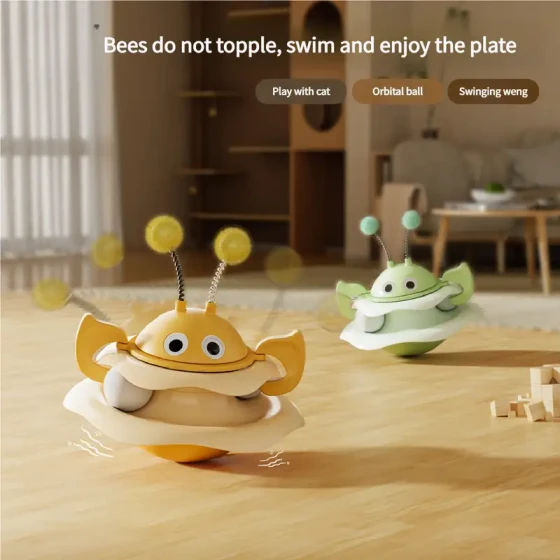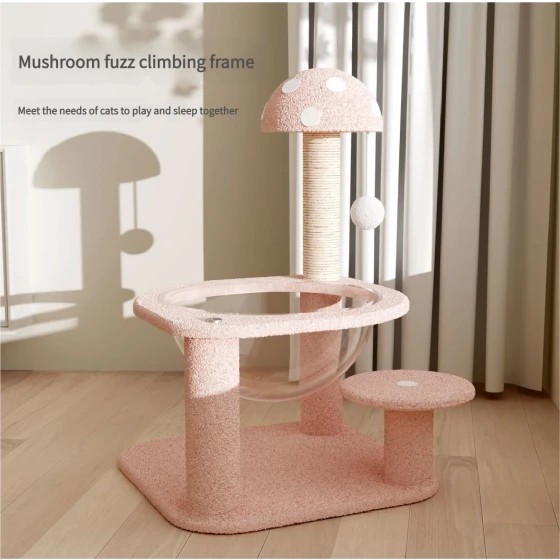Some Precautions for Feeding Cats Meat, Eggs, and Fish

1. Precautions for Meat and Eggs
1. Cats Are Carnivores
Since Siamese cats (details introduction) are carnivores, meat naturally takes first place when feeding human food. The meat given to cats must be cooked. Feeding raw meat to cats may bring hidden dangers, so it should never be tried lightly and must be handled with caution.
2. Amount of Fat in Meat
Fat itself is a nutritious component, but cats, like humans, cannot consume too much fat. Excessive fat may cause obesity in cats and possibly diarrhea, so intake should be moderate.
3. Separate Egg Yolk from Egg White
Eggs are rich in protein and very nutritious. Although some books recommend raw eggs for cats, for health reasons it is best to avoid this to prevent Salmonella and E. coli infections. When feeding eggs, only the yolk should be given, as egg white is difficult to digest.
2. Precautions for Fish for Cats
1. Cats Like to Eat Fish
Most cats like to eat fish, which is well known. Also, commercial cat food generally contains fish as an ingredient, so fish is quite an important food for cats but should not be neglected.
2. Do Not Consume Too Much
Feeding cats too much fish can cause many problems. For example, tuna contains many unsaturated fatty acids; excessive intake may deplete the vitamin E in cats. Attention must also be paid to the mercury content in certain fish, which should be avoided.
3. Oily Fish
Oily fish contain excessive thiaminase, which destroys important vitamin B. Feeding cats raw fish also poses other safety risks, such as freshwater raw fish possibly containing nematodes. It is best to feed cats cooked freshwater fish.



